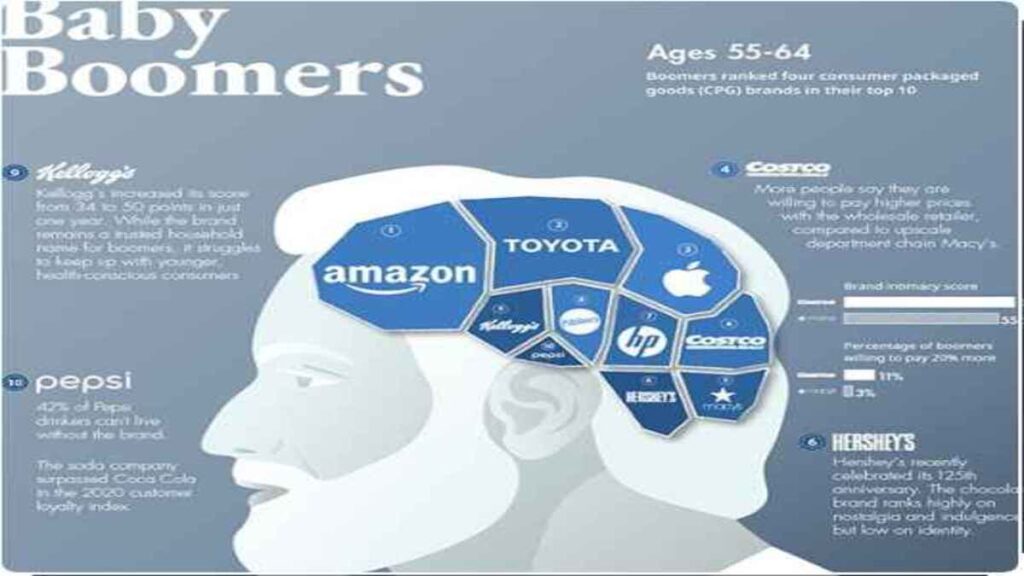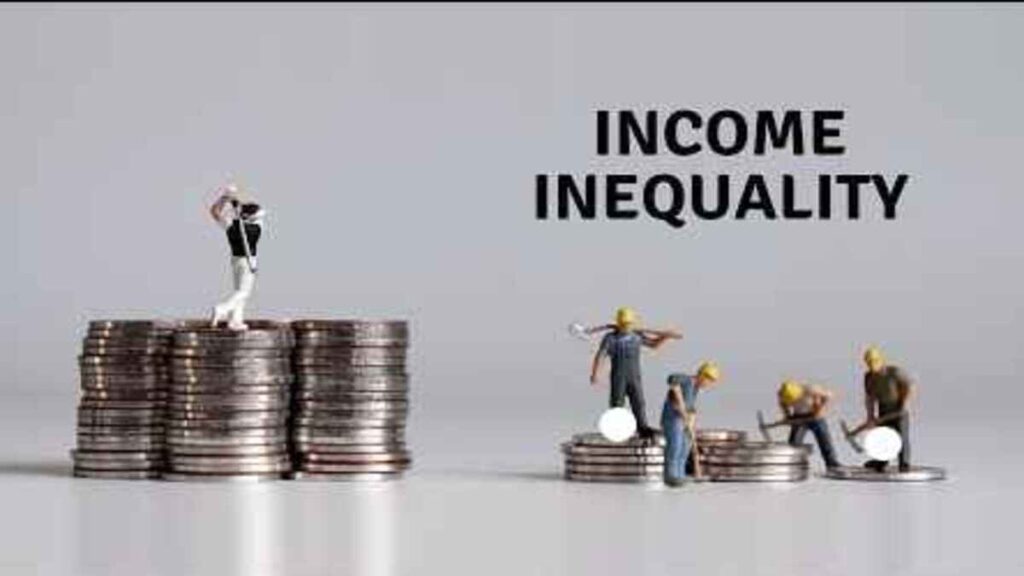
The term “woke” has gained prominence in political discourse to characterize individuals who strongly support causes such as social justice, addressing income inequality, combating racial discrimination, and advocating for disadvantaged groups in America.
Typically more prevalent among younger generations, the phenomenon prompts an inquiry into why this demographic trend exists. An examination of the Boomer generation provides insights into their distinct attitudes and comparatively lower likelihood of embracing contemporary social causes.
Who Are the Boomers?
The term “Boomer” affectionately refers to the generational cohort known as the Baby Boomers, encompassing individuals born between 1946 and 1964, a period characterized by a significant increase in births following the end of World War II. Unlike their predecessors, the Silent Generation, Boomers were raised in an era of unprecedented prosperity marked by technological advancements and profound societal transformations.

This prosperity fostered a mindset among Boomers that societal issues would naturally resolve themselves, leading to a perception that individual effort alone could overcome challenges. However, younger generations are facing a markedly different reality, with economic conditions diverging from the post-war boom.
Wage stagnation, which began in the 1970s, has made it increasingly difficult for younger Americans to achieve the same level of financial security and attain milestones such as homeownership and higher education that were more attainable for Boomers.
Income Inequality Increased
Additionally, income inequality has escalated dramatically, with the top 1% of earners experiencing exponential wealth growth while the wages of the bottom 90% have stagnated. This widening wealth gap underscores a fundamental disparity between the experiences of Boomers, who largely benefitted from economic stability, and younger generations grappling with financial insecurity and limited opportunities.

Consequently, Boomers often perceive younger generations as entitled or lazy, attributing their struggles to a perceived lack of effort rather than systemic factors. Conversely, Millennials and Gen Z individuals tend to hold Boomers responsible for exacerbating societal challenges and hindering economic progress. This generational conflict is evident in surveys showing that a majority of Millennials believe Boomers have squandered the nation’s prosperity.
Moreover, Boomers’ significant control over wealth further exacerbates intergenerational tensions, with over 70% of America’s wealth concentrated in the hands of individuals over 55, making it challenging for younger generations to accumulate wealth and achieve financial stability.
ALSO READ: Young Americans Oppose Boomers, Call for Social Security Reforms
Boomers See the Younger Generations as Spoiled
As younger Americans contend with economic hurdles, Boomers are primarily focused on preserving their own financial security and managing retirement concerns, prioritizing issues such as healthcare and social security over social or political activism.

This shift in priorities aligns with research indicating that individuals tend to become more conservative as they age, with left-leaning individuals more likely to transition towards conservative ideologies over time.
Consequently, Boomers’ divergence from woke politics can be attributed to both their generational experiences and evolving life stages, highlighting the complex interplay between age, economic conditions, and political attitudes in shaping societal perspectives.
Boomers Have a Different Upbringing
Moreover, Boomers’ historical context and societal upbringing play a significant role in shaping their worldview. Coming of age during a period of economic prosperity and stability, Boomers were instilled with values of hard work, self-reliance, and individualism.

The prevailing narrative of the American Dream emphasized personal success and upward mobility, reinforcing the belief that anyone could achieve prosperity through diligence and determination. Consequently, Boomers may struggle to comprehend the systemic barriers faced by younger generations, viewing issues such as income inequality or racial discrimination as individual rather than structural challenges.
Boomers Hold the Wealth
Furthermore, technological advancements have transformed the social and cultural landscape, contributing to a generation gap between Boomers and younger cohorts. Boomers grew up in an era devoid of the internet and social media, where information was primarily disseminated through traditional channels such as television, newspapers, and radio.

In contrast, Millennials and Gen Z individuals are digital natives raised in an interconnected world where social issues are amplified and activism is facilitated through online platforms. This divergence in communication methods and cultural norms can lead to misunderstandings and misinterpretations between generations, further widening the gap between Boomers and woke culture.
POLL — Is Climate Change a Major Threat That Requires Immediate Policy Action?
Boomers Are More Pragmatic
Additionally, life stage considerations play a significant role in shaping Boomers’ attitudes towards social and political issues. As they transition into retirement and grapple with healthcare concerns, Boomers may prioritize pragmatic solutions over ideological pursuits.

Concerns about healthcare affordability, pension stability, and long-term care options take precedence over abstract concepts of social justice or systemic reform. Consequently, Boomers may view woke activism as idealistic or impractical, preferring tangible policy proposals that directly address their immediate needs and concerns.
Some People Become More Conservative as They Get Older
Moreover, political polarization and media fragmentation have contributed to echo chambers and ideological silos, reinforcing existing beliefs and exacerbating intergenerational divides.

Boomers may consume news from traditional sources that espouse conservative viewpoints, while younger generations gravitate towards digital platforms that promote progressive ideals. This echo chamber effect can reinforce entrenched beliefs and hinder constructive dialogue between generations, perpetuating misconceptions and stereotypes.
ALSO READ: TikToker Claims Gen Z Isn’t Lazy, Says They’re Facing New Challenges
There Is a Need to Bridge the Gap
The generational divide between Boomers and woke culture is multifaceted, encompassing economic, social, cultural, and life-stage factors. Boomers’ experiences growing up in a period of economic prosperity, combined with technological advancements and shifting societal norms, have shaped their worldview and attitudes towards social and political issues.

As younger generations confront unprecedented challenges and embrace progressive ideals, Boomers may struggle to understand or relate to the complexities of contemporary activism. Bridging the gap between Boomers and woke culture requires empathy, dialogue, and a recognition of the diverse perspectives and experiences that shape generational attitudes.
You Might Also Like:
Target Sparks Yet Another Round of Criticism and Boycott Calls Over It’s “Woke” Collections
Florida Teachers Union Decertified Under New Right-to-work Law
San Francisco Business Owners Say City is Getting Worse for Restaurants Amid Homeless Crisis
Supreme Court to Decide on Trump’s Election Theft Trial Ahead of 2024 General Elections
